What Does it Mean To Crave Garlic? Benefits of Eating Garlic
Have you ever found yourself irresistibly drawn to the aroma of garlic cooking or suddenly craving a dish bursting with its intense flavor? It’s not just you. Why are we Craving Garlic? What is it about this ancient ingredient that continues to capture our culinary hearts and stomachs?

Garlic’s journey is as rich and layered as its flavor. Its roots stretch back thousands of years, deeply entwined with various cultures and civilizations.
From ancient Egyptians who believed in its strength-giving properties to its widespread use in Mediterranean, Asian, and European cuisines, garlic cloves has always been more than just a food ingredient. It’s a cultural icon, a medicinal marvel, and a symbol of flavor and health.
Garlic has been my constant companion in the kitchen, a trusted ally in elevating the simplest of dishes like garlic bread to something extraordinary. But why do people crave garlic? What about this pungent, flavorful bulb that has captivated humans for centuries?
Let’s take a flavorful journey to uncover the secrets behind our love affair with garlic. Crack into its rich nutritional profile and discover how it’s not just a flavor enhancer but a powerhouse for your healthy diet.
I want you to look at the psychological pull of its flavor and aroma and how it’s often tied to our most profound memories and emotions as comfort food.
We will traverse the globe, exploring garlic’s role in various cuisines and how it has shaped cultural traditions and beliefs.
We’ll touch upon the possible medical reasons behind our garlic craving, from the perspective of the gut microbiome to specific health conditions.
Table of Contents
Why Am I Craving Garlic Right Now?
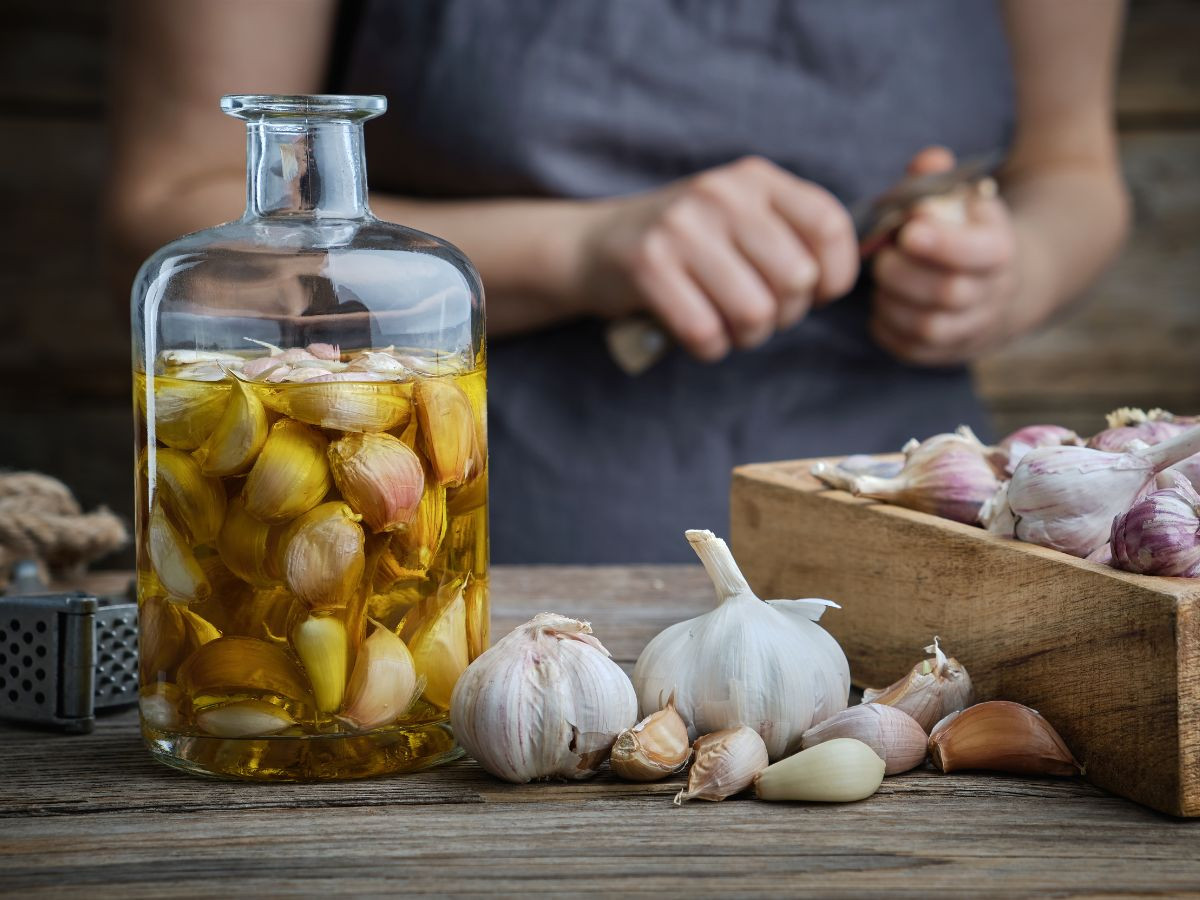
Let’s Break down the meaning behind those garlic cravings step by step. Join me as we unravel the mysteries of garlic cravings, a journey that’s as much about flavor and health as it is about our connections to tradition, culture, and each other.
Nutritional Perspective – A Chef’s Insight into Garlic
Garlic’s Nutritional Profile
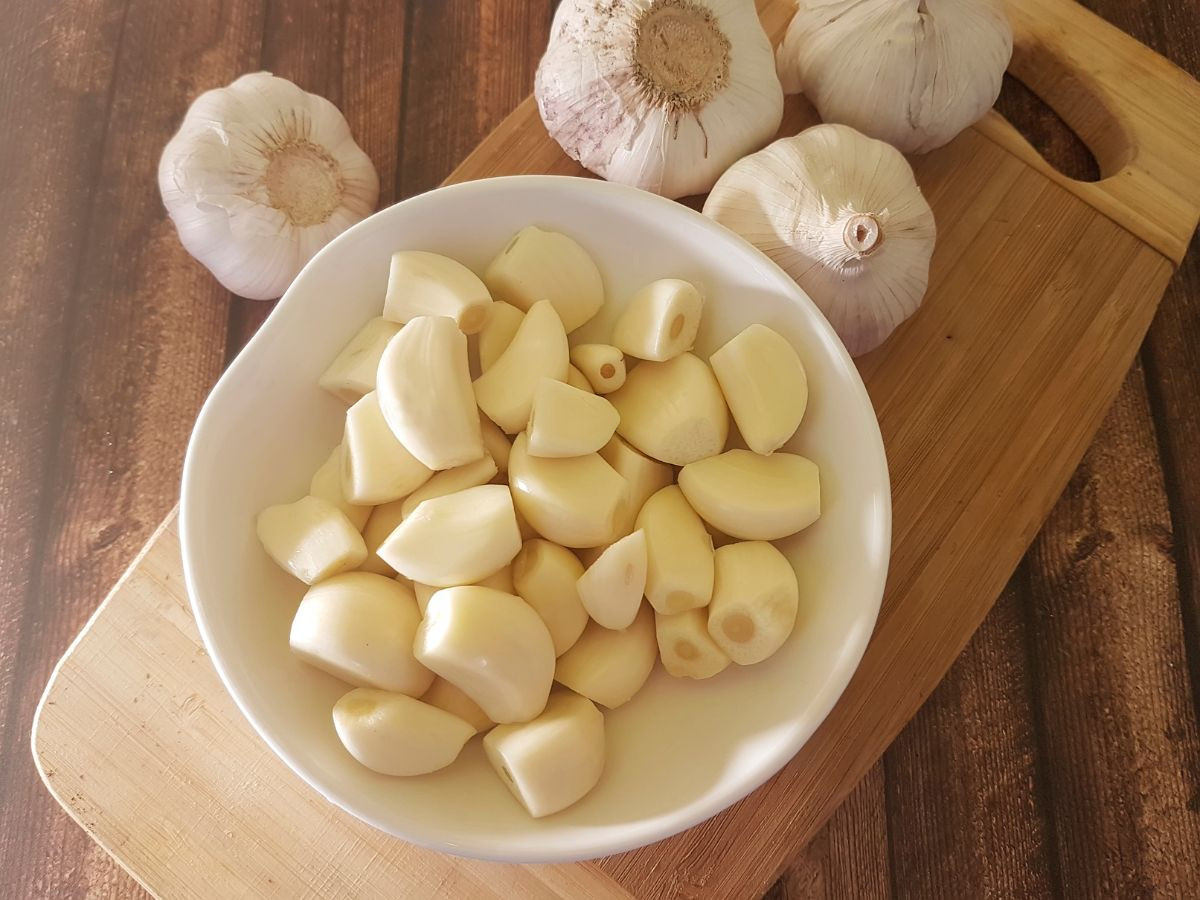
As a chef, I’ve always appreciated garlic’s culinary versatility, but its nutritional profile and what it can due for your immune system function just fascinates me.
Garlic isn’t just a flavor enhancer; it’s a powerhouse of nutrients. Each clove is packed with vitamins and minerals essential for our well-being. Rich in Vitamin C, B6, and manganese, garlic also contains trace amounts of other nutrients. This bulb is more than just a kitchen staple; it’s a natural multivitamin.
What sets garlic apart are its bioactive compounds. Allicin, for example, is what gives garlic its distinctive smell and much of its medicinal properties.
Just Like Onions, When you chop or crush garlic, this compound forms, and its magic unfolds.
Health Benefits
The health benefits of garlic are extensive and well-documented.
Garlic is renowned for its immune-boosting properties. Regularly including garlic in your diet could help fend off common colds and other infections.
Furthermore, garlic has been shown to improve heart health. It aids in reducing blood pressure for those with hypertension and lowering blood pressure and cholesterol levels, which reduces the risk of heart disease.
Another fascinating aspect is its antioxidant properties. These can help protect against oxidative stress and may also reduce the risk of Alzheimer’s disease and dementia in the long term.
Nutritional Deficiencies and Cravings
In my experience, I’ve noticed that sometimes our body’s cravings are a subtle hint towards its needs. Craving garlic could be an intuitive push from your body towards the nutrients it offers.
While no concrete scientific evidence directly links to more garlic cravings to specific nutrient deficiencies, it’s an exciting area to ponder.
It could need the immune-boosting, heart-healthy benefits that garlic provides. Or perhaps, it’s simply craving the comfort and depth of flavor that garlic adds to dishes.
Psychological Factors Behind Garlic Cravings
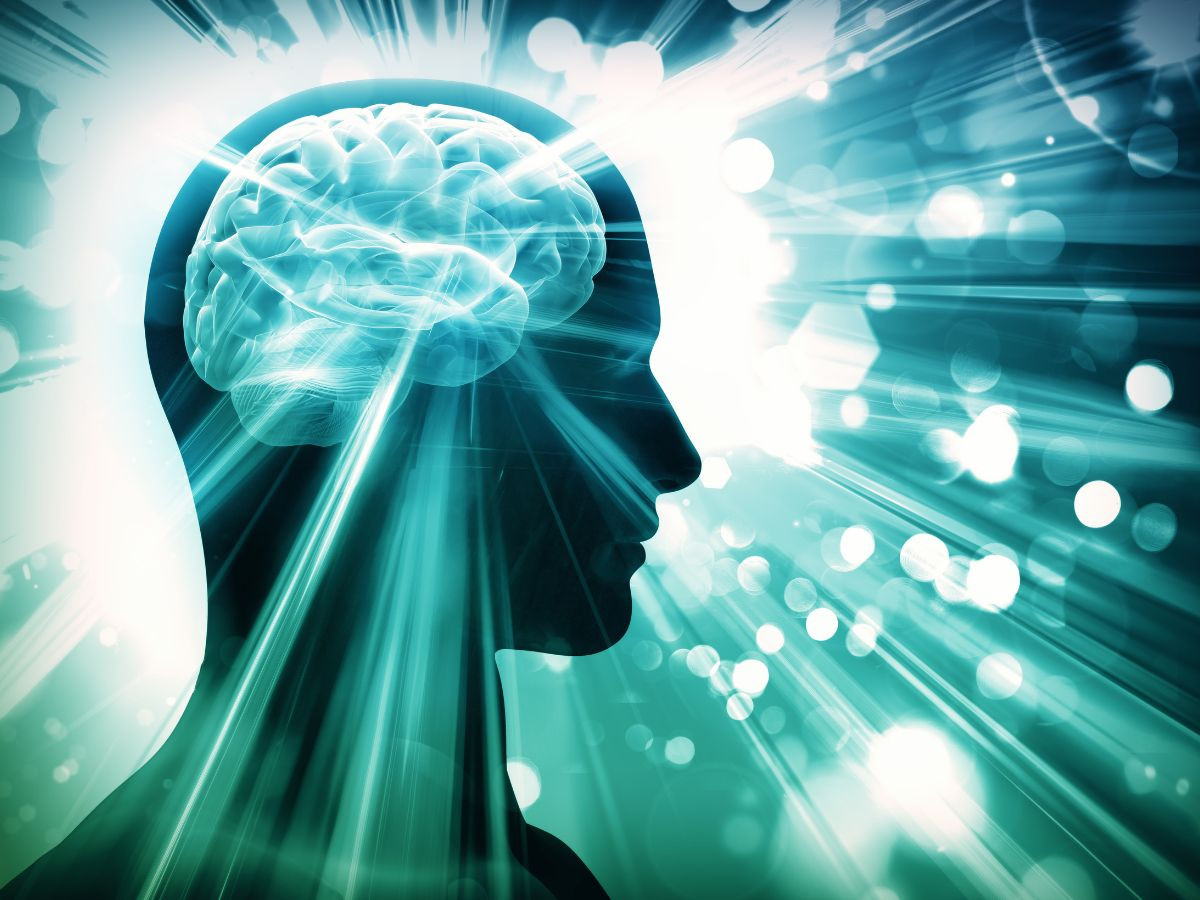
Flavor and Aroma: The Irresistible Pull of Garlic
As a chef, I’ve observed firsthand how garlic’s unique flavor and aroma can instantly transform a dish and evoke a strong response.
Garlic’s flavor profile is complex – it can be savory, spicy, and even slightly sweet, depending on how it’s prepared.
When cooked, garlic releases a bouquet of aromas that can trigger a deep, almost primal craving. This is more than just a taste preference; it’s a sensory experience that engages and excites the palate.
The science behind this lies in the compounds released when garlic is crushed or chopped. These compounds stimulate our sense of smell and taste, activating the brain’s reward system.
The aroma of garlic cooking can evoke memories and emotions, making us crave the dishes that smell and taste so comforting and familiar.
Comfort Food: Nostalgia on a Plate
Many of us associate garlic-rich foods with comfort and nostalgia. Think about a family recipe passed down through generations or a favorite dish from a beloved restaurant – chances are, garlic plays a starring role.
This connection between garlic, comfort food, and nostalgia is deeply psychological. It’s tied to our memories and experiences, often to moments of joy, family gatherings, or a sense of belonging.
Comfort food, in general, is sought after not just for its taste but for the emotional satisfaction it provides.
When we eat foods that remind us of happy times, our brain releases neurotransmitters like dopamine and serotonin, which enhance our mood and create a sense of well-being.
Garlic’s strong presence in many comfort foods amplifies this effect, making us crave it in times of stress or longing for comfort.
Mood Enhancement: A Clove of Happiness
There’s growing interest in the connection between diet and mental health, and garlic plays a part in this narrative.
While research directly linking garlic consumption to mood improvement is still evolving, the potential is promising.
Garlic contains compounds that may positively impact brain health and mood regulation.
One angle is the role of garlic in reducing inflammation and oxidative stress, which can adversely affect brain health.
By promoting better physical health, garlic can indirectly improve mental well-being. Additionally, enjoying a flavorful, garlic-rich meal
can be a mood enhancer, offering a sensory experience that lifts the spirits.
Culinary and Cultural Influence of Garlic
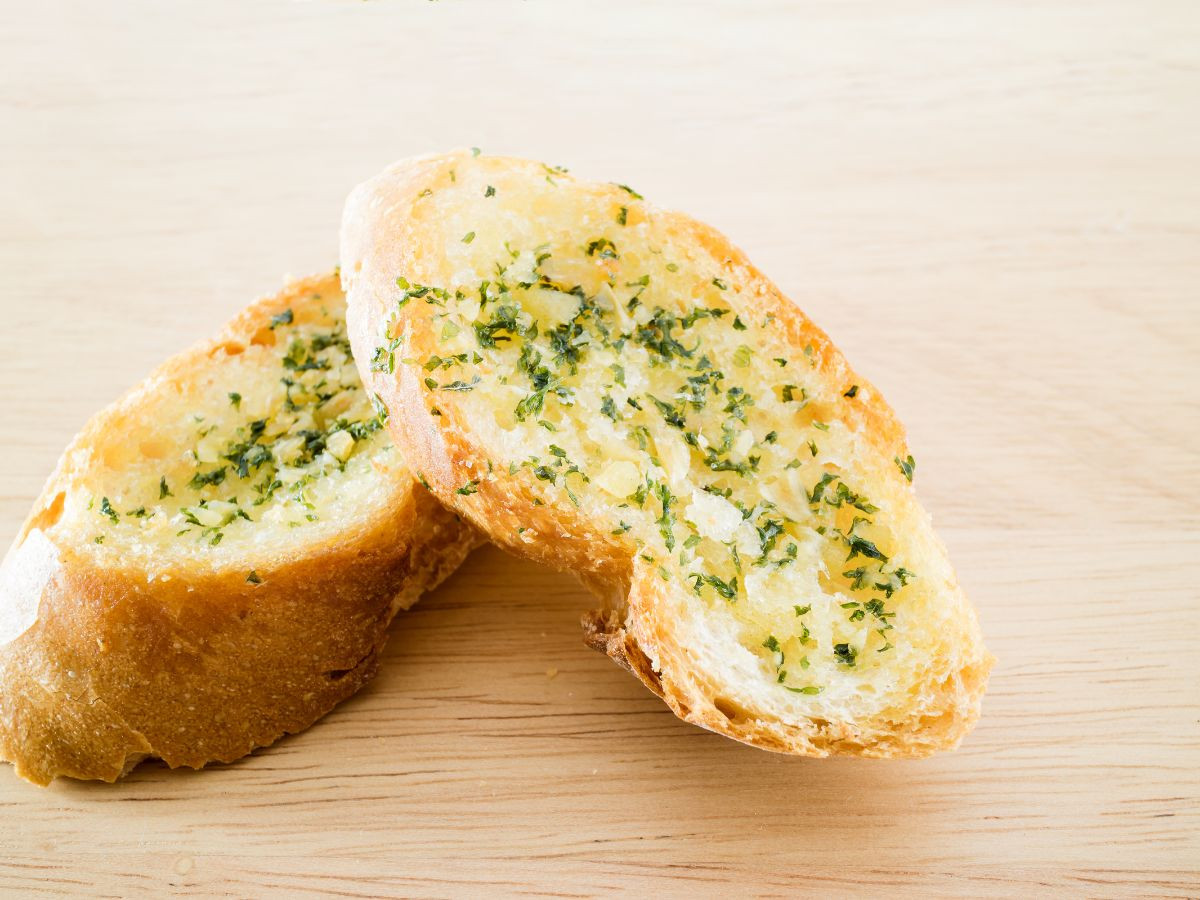
Culinary Uses: Garlic’s Global Kitchen Passport
Garlic’s culinary versatility is a testament to its global appeal. In my experience as a chef, I’ve seen how garlic is a cornerstone ingredient in cuisines worldwide.
In Italian cooking, it’s the starting point for countless sauces and sautés. In Chinese and other Asian cuisines, garlic brings a spicy kick to stir-fries and marinades.
Middle Eastern dishes often feature garlic as a critical component in dips and spreads like hummus and baba ganoush.
What’s fascinating is how different cultures have harnessed garlic’s flavor uniquely. While the French might use it subtly in a dish like Chicken with Forty Cloves of Garlic, it’s used generously in kimchi and spicy stews in Korean cuisine.
This versatility showcases garlic’s adaptability and how it can be a unifying thread in the global culinary tapestry.
Cultural Beliefs: Garlic in Tradition and Folklore
Garlic is steeped in cultural beliefs and traditions that can amplify our cravings. In many cultures, it’s more than just a food ingredient; it symbolizes protection, health, and strength.
For example, in some Eastern European traditions, garlic is hung in homes to ward off evil spirits. In ancient Rome, soldiers consumed garlic to embolden themselves before battles.
These cultural associations can influence our cravings, particularly in communities where garlic is revered.
The belief in garlic’s medicinal properties can make us crave it when we’re feeling under the weather, not just for its potential health benefits but also for its comforting, traditional significance.
Media Influence: The Role of Popular Culture in Popularizing Garlic
The influence of media and popular culture cannot be underestimated in shaping our food preferences, including our craving for garlic.
Cooking shows, food blogs, and social media platforms have brought garlic-centric recipes to the forefront, making them more accessible and appealing. Fast Food Fats are out. The people who love garlic have spoken.
Celebrity chefs often showcase garlic as a key ingredient, emphasizing its flavor-enhancing properties.
Moreover, the food fusion and experimentation trend has spotlighted garlic. Social media trends can suddenly make a garlic-rich dish go viral, leading to a surge in its popularity.
The portrayal of garlic in media informs and inspires our culinary choices, making us more inclined to experiment with and crave garlic-infused dishes.
Possible Medical Reasons Behind Garlic Cravings
Microbiome Influence: The Gut-Brain Connection
Understanding the connection between food and health has always been crucial as a chef. One fascinating aspect is the gut microbiome’s influence on our food cravings, including garlic.
The microbiome, a complex community of microbes in our digestive system, plays a significant role in our overall health and can even affect our food preferences.
Recent studies suggest that the gut microbiome communicates with the brain, a phenomenon known as the gut-brain axis. This communication can influence our cravings.
Certain bacteria thrive on specific nutrients found in foods like garlic.
If these bacteria are predominant in your gut, they might send signals to your brain that increase your craving for garlic. It’s a remarkable symbiotic relationship where the bacteria get their preferred nutrients, and we get to enjoy the savory delight of garlic-laden dishes.
Medical Conditions: When the Body Speaks Through Cravings
While garlic cravings are usually harmless, in some cases, they might indicate underlying medical conditions. It’s important to note that these instances are rare, but they do exist.
For example, conditions related to nutritional deficiencies can manifest as cravings for specific foods. Since garlic is rich in nutrients like vitamins B6 and C and minerals like manganese and selenium, a sudden increase in garlic cravings could be your body’s way of signaling a need for these nutrients.
Certain dietary conditions, like hypoglycemia (low blood sugar), might also lead to cravings for savory foods, including garlic. In these cases, the body might seek foods that provide a quick and efficient energy source.
It’s also worth mentioning that pregnancy can often alter taste preferences and cravings, with garlic being a common craving for some. This is likely due to the changes in hormone levels and sensory sensitivity during pregnancy.
Conclusion: Understanding Our Craving for Garlic
In our exploration of the allure of garlic, we’ve peeled back the layers to reveal a complex interplay of factors that influence our cravings for this iconic bulb.
From its rich nutritional profile brimming with essential vitamins, minerals, and unique compounds like allicin to the psychological impact of its flavor and aroma evoking comfort and nostalgia, garlic’s appeal is as multifaceted as its uses in global cuisines.
We’ve seen how garlic’s role in culinary traditions worldwide and its portrayal in media and popular culture have elevated it from a humble kitchen staple to a global culinary icon.
The cultural and traditional beliefs surrounding garlic add another dimension to our craving, intertwining our taste preferences with our heritage and history.
Additionally, the possible medical reasons, particularly the intriguing influence of the gut microbiome and potential links to certain health conditions, offer a scientific perspective on why we might crave garlic. It reminds us how our food choices are interconnected with our body’s internal ecosystem and overall health.
FAQ and Additional Information
Why am I Craving garlic during pregnancy?
Hormonal Changes: Pregnancy involves significant hormonal fluctuations, which can alter your sense of taste and smell. These changes may make certain foods, like garlic, more appealing than usual. Garlic’s pungent aroma and flavor might become enticing or comforting during this time.
Nutritional Needs: Pregnant women’s bodies require more nutrients to support the growth and development of the fetus. Garlic is rich in vitamins and minerals, including Vitamin C, Vitamin B6, and manganese, which are important for prenatal health. Your body might be intuitively seeking out these nutrients.
Immune System Support: Garlic is known for its immune-boosting properties. The immune system changes during pregnancy, making pregnant women more susceptible to infections. Craving garlic could be your body’s natural way of seeking support for the immune system.
Gastrointestinal Comfort: Some pregnant women experience gastrointestinal discomfort such as bloating or indigestion. Garlic can have beneficial effects on gut health and digestion. Thus, a craving for garlic might be related to its potential to ease such discomforts.
Emotional and Psychological Factors: Cravings can also be influenced by emotional states. Pregnancy is a time of significant emotional change, and cravings for certain foods like garlic might offer comfort or evoke positive feelings or memories.
Why Am I Craving Garlic Before Period?
Hormonal Changes: The menstrual cycle involves hormone fluctuations like estrogen and progesterone. These hormonal changes can impact your taste buds and sense of smell, making certain foods, like garlic with its intense flavor and aroma, more appealing.
Nutrient Requirements: Before and during menstruation, your body undergoes various physiological changes and might require extra nutrients. Garlic is rich in vitamins (such as Vitamin B6 and Vitamin C) and minerals (like iron and manganese), which your body might crave more during this time. For example, Vitamin B6 is known to help with premenstrual symptoms.
Mood Regulation: Fluctuating hormones can also affect your mood and emotions. Garlic contains compounds that may have mood-regulating properties. Eating flavorful foods like garlic can be comforting and help lift your spirits, satisfying emotional cravings.
Cravings as a Coping Mechanism: Cravings before periods are also sometimes a way for your body to cope with discomfort or stress. The comfort derived from eating flavorful foods like garlic can be a form of self-soothing during this often uncomfortable time.
Iron Levels: Some women experience decreased iron levels due to blood loss during menstruation. While garlic doesn’t contain much iron, it can enhance iron absorption from other foods. Your body might be indirectly craving garlic to assist in maintaining optimal iron levels.
Can I Be Addicted To Garlic? How much is Too Much Garlic?
It’s unlikely to be “addicted” to garlic traditionally, but it’s possible to like it intensely due to its flavor and health benefits. Food cravings are normal, and Consuming large amounts of garlic or onions can be dangerous. How Much garlic is too much and learning how to stop craving garlic can be very helpful. Moderation is essential.
Can One Be Addicted to Garlic?
Cravings vs. Addiction: Craving garlic, even regularly, doesn’t equate to addiction. True food addiction involves an uncontrollable compulsion to eat certain foods and is usually linked to high-fat, high-sugar, or high-salt foods, not typically garlic.
Health Benefits: Many people are drawn to eat garlic for its numerous health benefits, like boosting the immune system, reducing blood pressure, and its antioxidant properties.
How Much is Too Much?
Recommended Amounts: There isn’t a one-size-fits-all recommendation for garlic intake. Generally, consuming 1-2 cloves of garlic per day is considered safe for most people. Some might tolerate more without any issues.
Excessive Consumption Concerns: Overeating garlic can lead to various side effects such as heartburn, bad breath, body odor, indigestion, and, in extreme cases, liver damage. Excessive raw garlic intake can irritate the gastrointestinal tract, especially on an empty stomach.
Blood-Thinning Effects: Garlic has natural anticoagulant properties, which can thin the blood. Consuming garlic in large amounts might increase the risk of bleeding, especially if you’re on blood-thinning medications or have a bleeding disorder.
During Pregnancy: Pregnant women should consume garlic in moderation. While it’s safe in food amounts, large quantities might not be advisable.

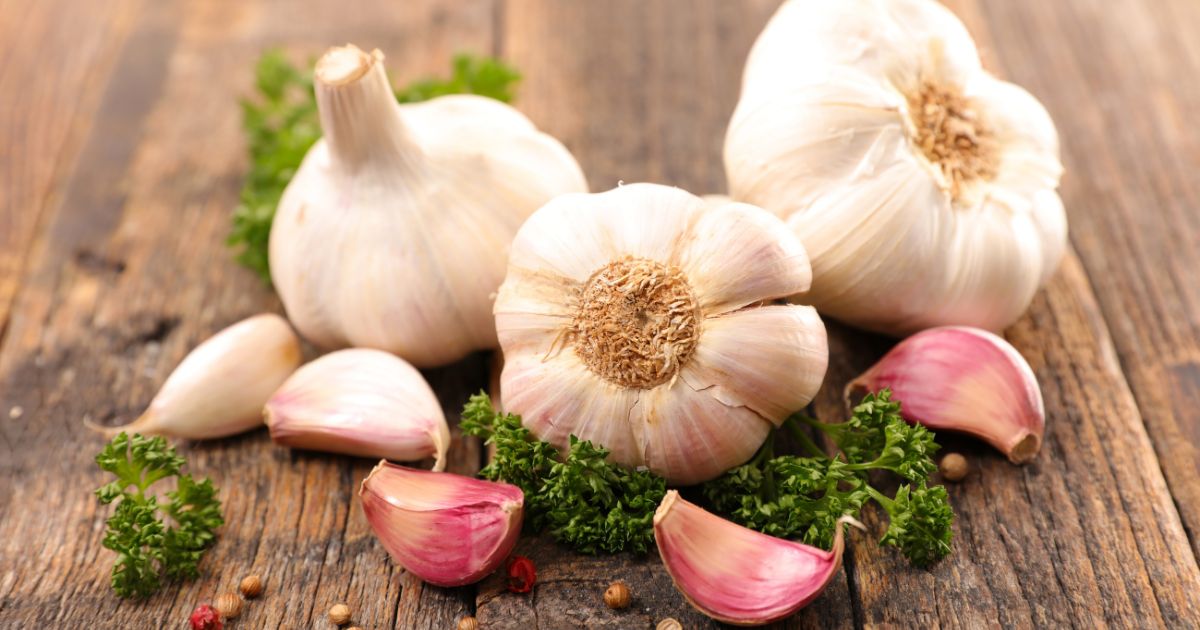

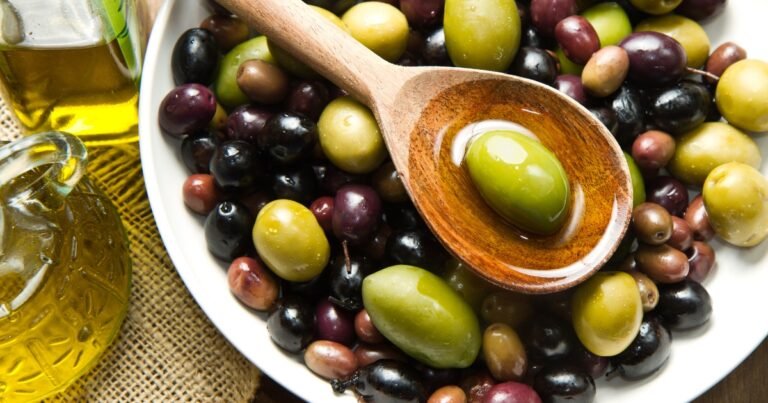
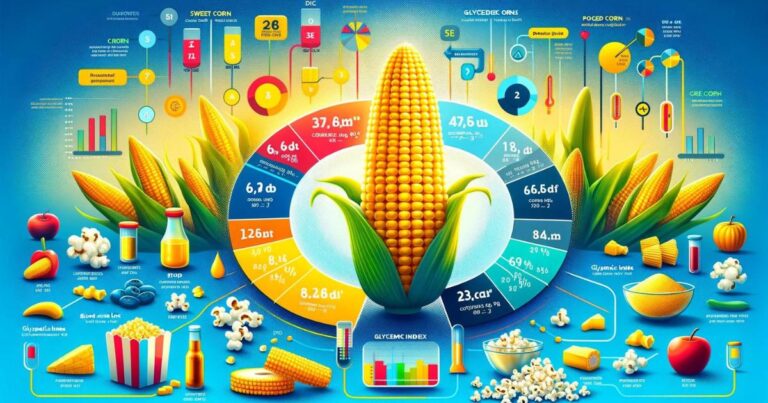
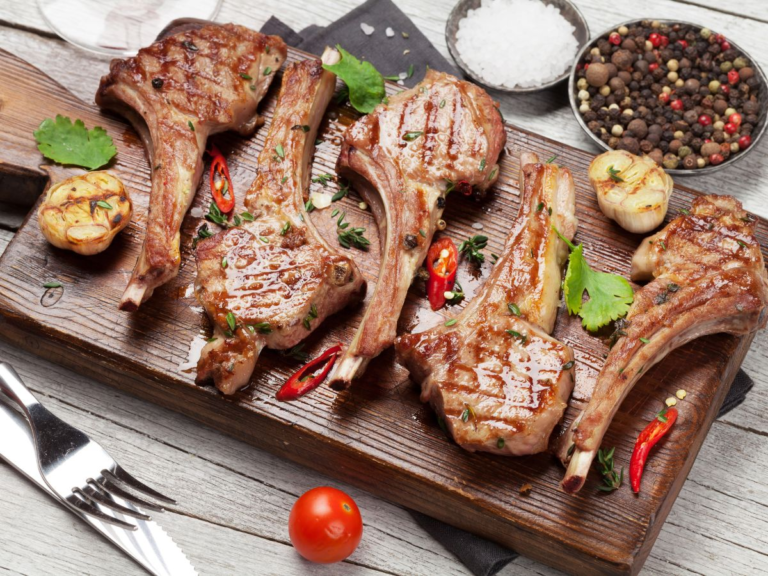
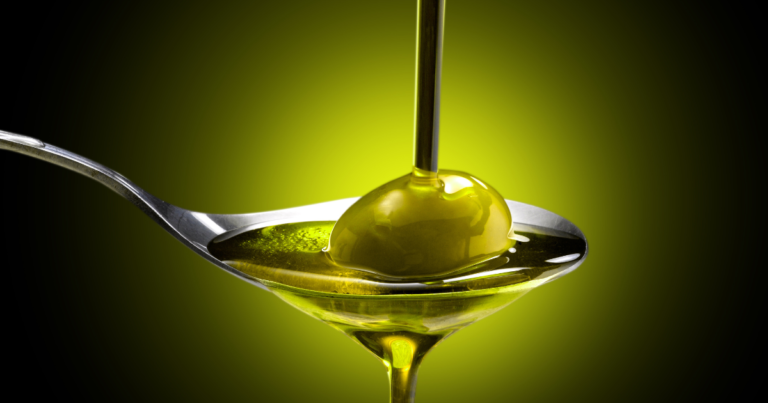
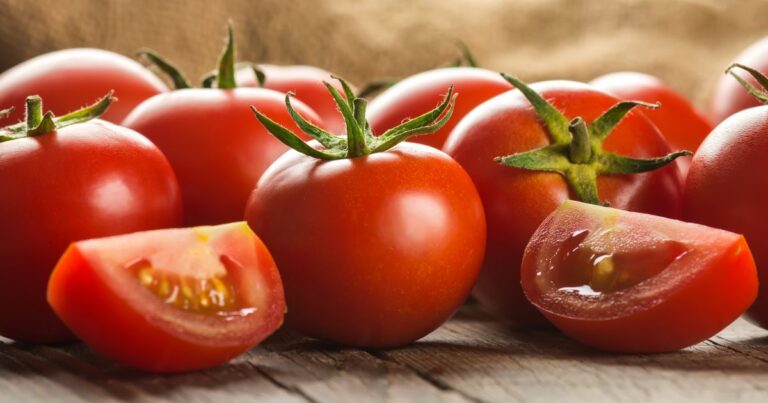
I have used garlic in almost every meal I make, since I started cooking at a young age. I love garlic. I love the smell of it. I love the taste and flavor it gives to my meats, sauces and stews and fish. I honestly don’t know what I would do without it. Good article to read. 👍🥰💯